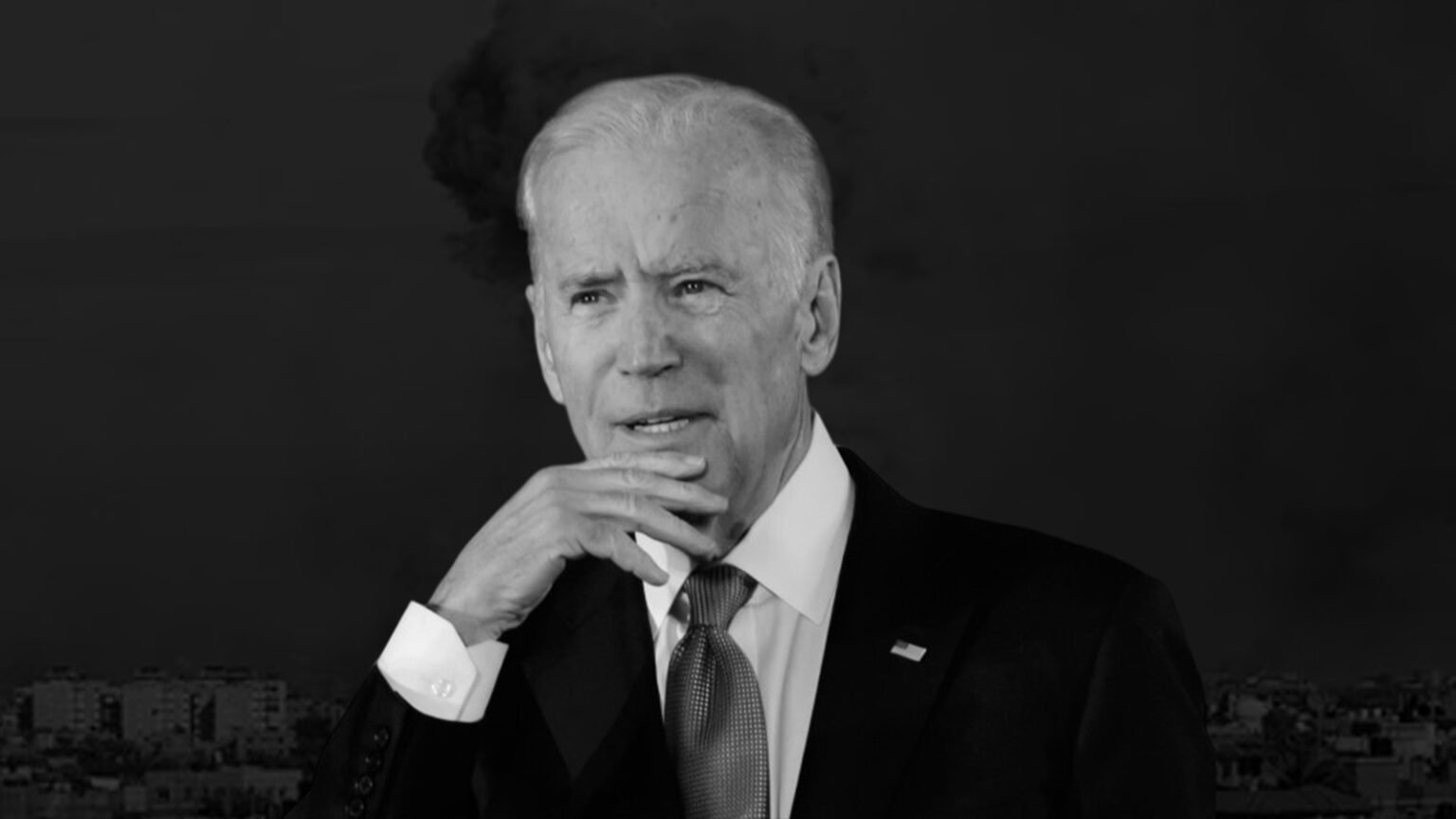Biden Announces Landmark Ceasefire Between Israel and Hezbollah
In a significant diplomatic breakthrough, President Joe Biden announced a ceasefire agreement between Israel and Hezbollah, marking a potential turning point in the 14-month-long conflict in Lebanon. Speaking from the White House Rose Garden, Biden described the deal as a “historic moment,” emphasizing its potential to pave the way for long-term peace in the region.
Key Highlights of the Agreement
The ceasefire, set to take effect at 4 a.m. local time, will suspend hostilities along the Israel-Lebanon border. Under the terms, Israel will gradually withdraw its forces from southern Lebanon, while Hezbollah will relocate its heavy weaponry north of the Litani River. The transition period will last 60 days, during which the Lebanese Army and UN peacekeepers will secure a buffer zone along the border.
President Biden assured that the deal aims to ensure the region’s stability, stating, “What remains of Hezbollah and other groups will not be allowed to threaten Israel’s security.” He emphasized the importance of enforcing the agreement and expressed gratitude to the leaders involved in brokering the ceasefire.
International Support and Reaction
French President Emmanuel Macron hailed the agreement as the culmination of months of collaborative efforts involving the United States, France, and regional leaders. He expressed hope that the deal would bring Lebanon closer to stability while calling for similar initiatives to address ongoing conflicts in Gaza.
UK Foreign Secretary David Lammy urged for a broader ceasefire across the Middle East, calling the Lebanon agreement a potential catalyst for peace.
Challenges and Opposition
Despite the deal’s promising outlook, tensions remain high. Israeli Prime Minister Benjamin Netanyahu, while supporting the ceasefire, insisted on maintaining “complete military freedom of action” to respond to any violations. Opposition within his coalition, particularly from far-right members, underscored skepticism about the agreement’s durability.
On the Lebanese side, Hezbollah’s leadership agreed to the terms after dropping their earlier demand for a simultaneous ceasefire in Gaza. However, the group’s capacity for future aggression remains a concern for Israeli officials.
Regional Impact and Future Prospects
The ceasefire aligns with the framework of UN Security Council Resolution 1701, which sought to address similar conflicts in the past but was never fully realized. While the current agreement is decoupled from ongoing negotiations over Gaza, President Biden expressed optimism about potential progress in that area, stating, “I think so. I hope so. I’m praying.”
With international monitors set to oversee the implementation of the agreement, the Biden administration remains committed to ensuring its success, even as the incoming administration of President-elect Donald Trump prepares to take office.
This ceasefire represents a critical step toward de-escalating one of the region’s most protracted conflicts, offering a glimmer of hope for broader peace in the Middle East.
